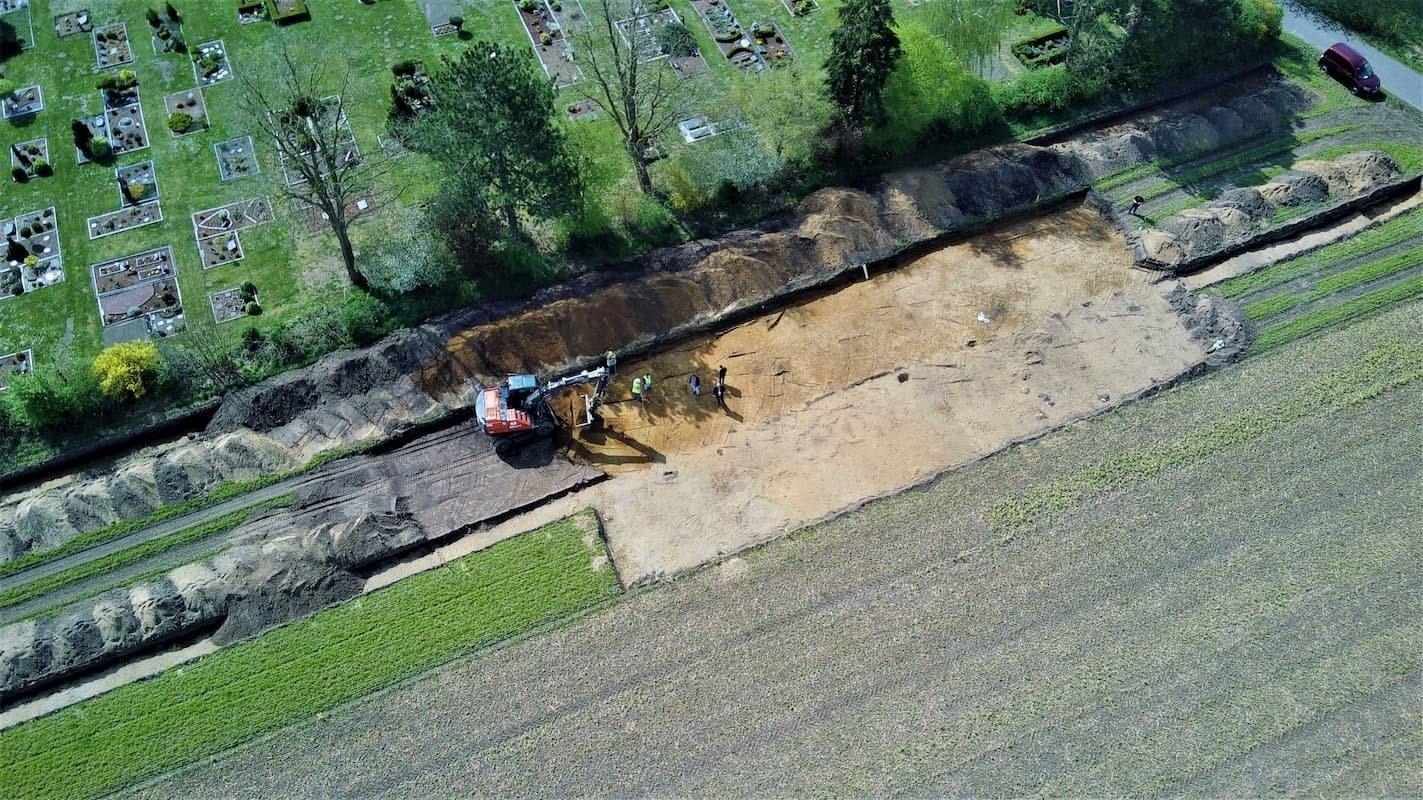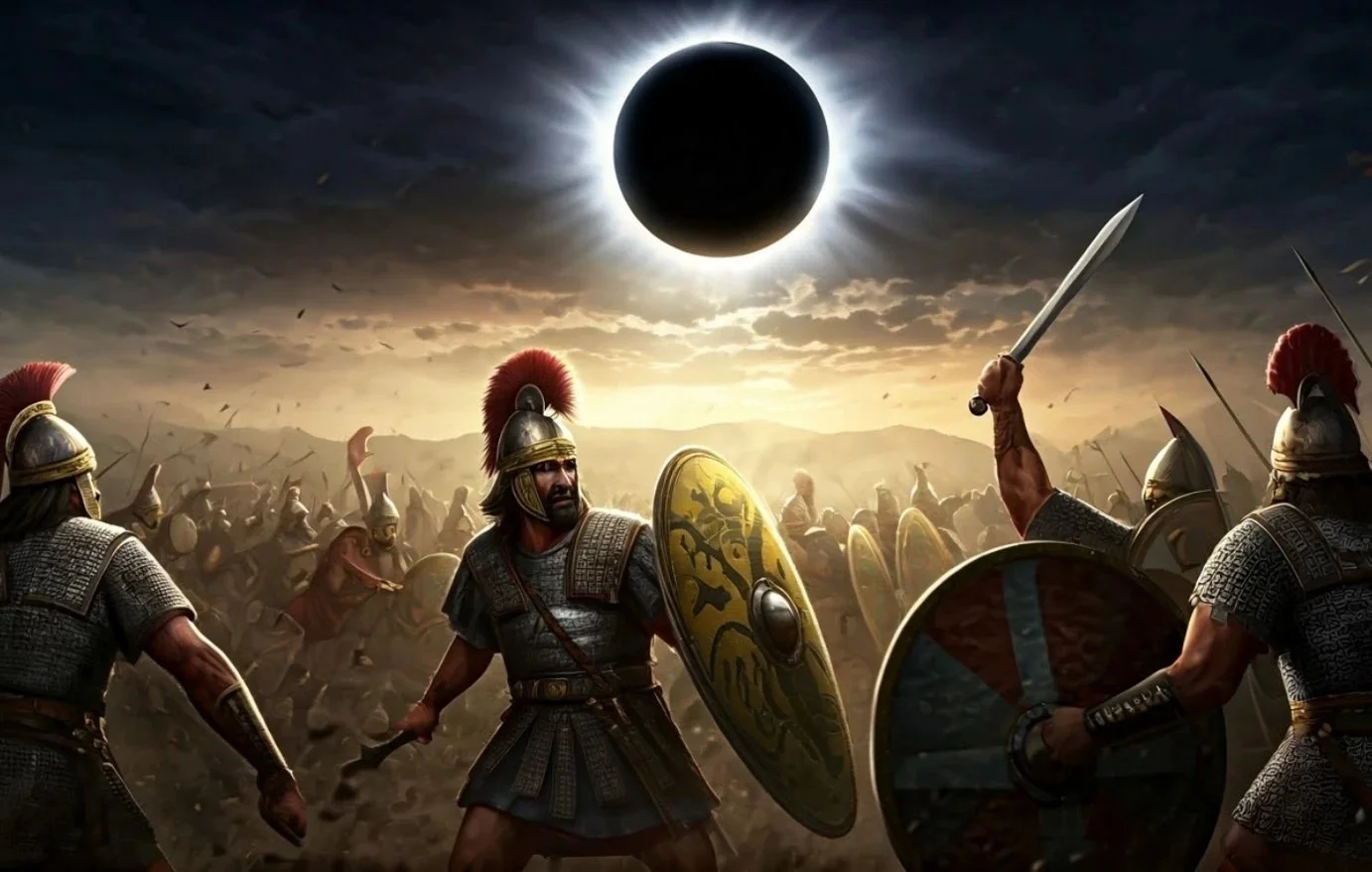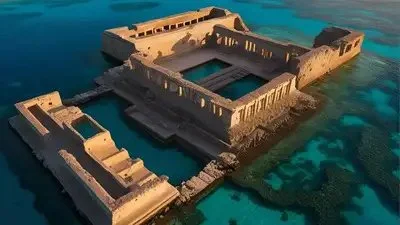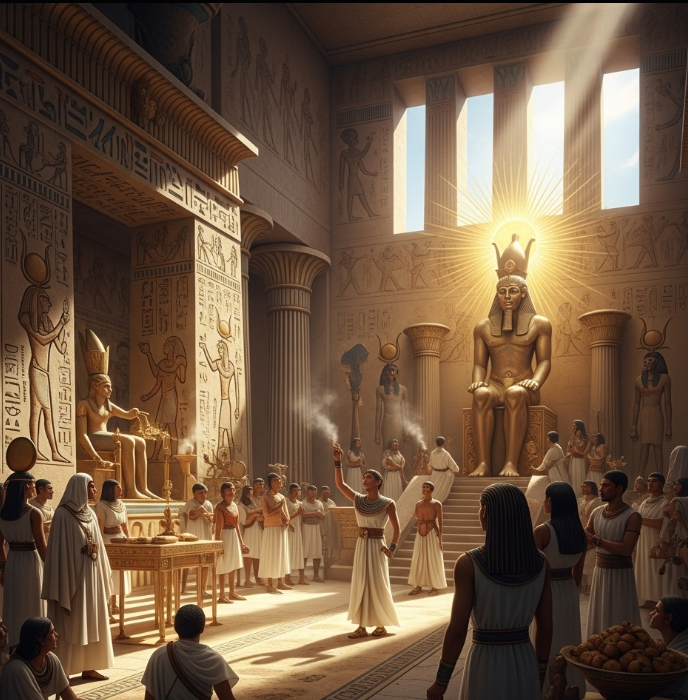Introduction
Dionysus, the Greek god of wine, revelry, and transformation, played a key role in shaping ancient Greek theater. His worship involved wild festivals, dramatic performances, and the celebration of life’s dualities—joy and madness, creation and destruction.
Mythological Background
Son of Zeus and Semele, making him both divine and mortal.
Known for bringing wine and agriculture to humanity.
Associated with chaos and liberation, challenging social norms.
Dionysian Festivals and the Birth of Theater
The City Dionysia festival (held in Athens) featured dramatic competitions.
Tragedy and comedy both stemmed from Dionysian rituals.
Masks, chorus performances, and emotional storytelling were central elements.
Cult and Worship
Worshippers engaged in ecstatic rituals, music, and dance.
Spread beyond Greece, influencing Roman Bacchic cults.
Conclusion
Dionysus was more than a god of wine—he was a symbol of artistic creation, inspiring theater traditions that continue today.







